Ousmane Sembène
Director
Biography
Senegal
Ousmane Sembène was born in 1923 in southern Senegal. He chose not to follow the profession of his father, who was a fisherman and instead became a mechanic, then a mason, joined the French Army in 1942, and later became an active militant in the labor movement. In 1948, he left for France, where he worked as a longshoreman and helped to organize the African dock workers in Marseille. He published his first novel in 1956, Le Docker Noir, based on these experiences. Realizing that much of his target audience was illiterate, he decided to become a filmmaker and went to study in Moscow. Upon his return to Africa, Sembène began a long and illustrious career as a filmmaker. He is often regarded as the “Father of African Cinema,” a title befitting the first African to make a fiction film distributed outside Africa, Borom Sarret (1963). His novels and films examine the many faces of a continent emerging from the colonial era, at grips with the tensions of independence and modernity. His work is an impassioned history of Africa’s political and social transformation throughout the 20th century. Ousmane Sembène passed away in 2007 in Dakar, Senegal. After two short films, he wrote and directed his first feature, La Noire de… (1966)(Black Girl). Received with great enthusiasm at a number of international film festivals, it also won the prestigious Jean Vigo Prize for its director. Shot in a simple, quasi-documentary style probably influenced by the French New Wave, Black Girl tells the tragic story of a young Senegalese woman working as a maid for an affluent French family on the Riviera, focusing on her sense of isolation and growing despair. Her country may have been “decolonized,” but she is still a colonial — a non-person in the colonizers’ world. Sembene’s next film, Mandabi (1968) (The Money Order), marked a sharp departure. Based on his novel of the same name and shot in color in two language versions – French and Wolof, the main language of Senegal – The Money Order is a trenchant and often delightfully witty satire of the new bourgeoisie, torn between outmoded patriarchal traditions and an uncaring, rapacious and inefficient bureaucracy. Emitaï (1971) records the struggle of the Diola people of the Casamance region of Senegal (where Sembène grew up) against the French authorities during WWII. Shot in Diola and French from an original script, Emitaï offers a respectful and unromanticized depiction of an old culture, while highlighting the role of women in the struggle against colonialist oppression. In Xala (1975), Sembène again takes on the native bourgeoisie, this time in the person of a rich, partially Westernized Muslim businessman afflicted by “xala” (impotence) on the night of his wedding to a much younger third wife. Ceddo (1977), considered by many to be Sembène’s masterpiece, departs from the director’s customary realist approach, documenting the struggle over the last centuries of an unspecified African society against the incursions of Islam and European colonialism. Featuring a strong female central character, Ceddo is a powerful evocation of the African experience. Many of Sembène’s other films deal with the themes explored in the aforementioned films and have inspired generations of African and diaspora filmmakers. Ousmane Sembène passed away in June 2007 at the age of 84 in Dakar, Senegal.
Filmography
Borom Sarret
(1963)
The Songhay Empire / L’Empire Songhaï
(1963)
Niaye
(1964)
Black Girl / La Noire de…
(1966)
Mandabi / The Money Order
(1968)
Polygamie [Traumatisme de la femme face à la polygamie]
(1969)
Employment Problem [Problème de l’emploi/Les Dérives du chômage]
(1969)
Taaw
(1970)
Emitaï
(1971)
Olympic Games in Munich [Jeux Olympiques de Munich/L’Afrique aux Olympiades, Basket africain aux J.O. de Munich, RFA]
(1971)
Xala / The Curse
(1974)
Ceddo
(1977)
Camp de Thiaroye
(1987)
Guelwaar
(1992)
Faat Kiné
(2000)
Moolaadé
(2004)
Available in our Store
Mandabi
An unemployed Ibrahima faces numerous difficulties with the Senegalese bureaucracy when trying to cash a money order. This film explores themes of neocolonialism, religion, corruption, and relationships in Senegalese society.
$29.95
Black Girl / La Noire de…
Diouana, a beautiful and ambitious young woman, secures a job as a babysitter with a French couple working in Dakar. In France, she finds herself a virtual prisoner and exploited. Her silent rebellion is strangely effective and foreshadows the film's climax and ominous ending.
$29.95
Faat Kiné
Sembène tackles the question of women's lives in contemporary Dakar, Senegal's bustling capital. It's a warm, often funny story of a single mother, her two children, two ex-husbands, aged mother and assorted friends.
$29.95
Films Curated by AFF
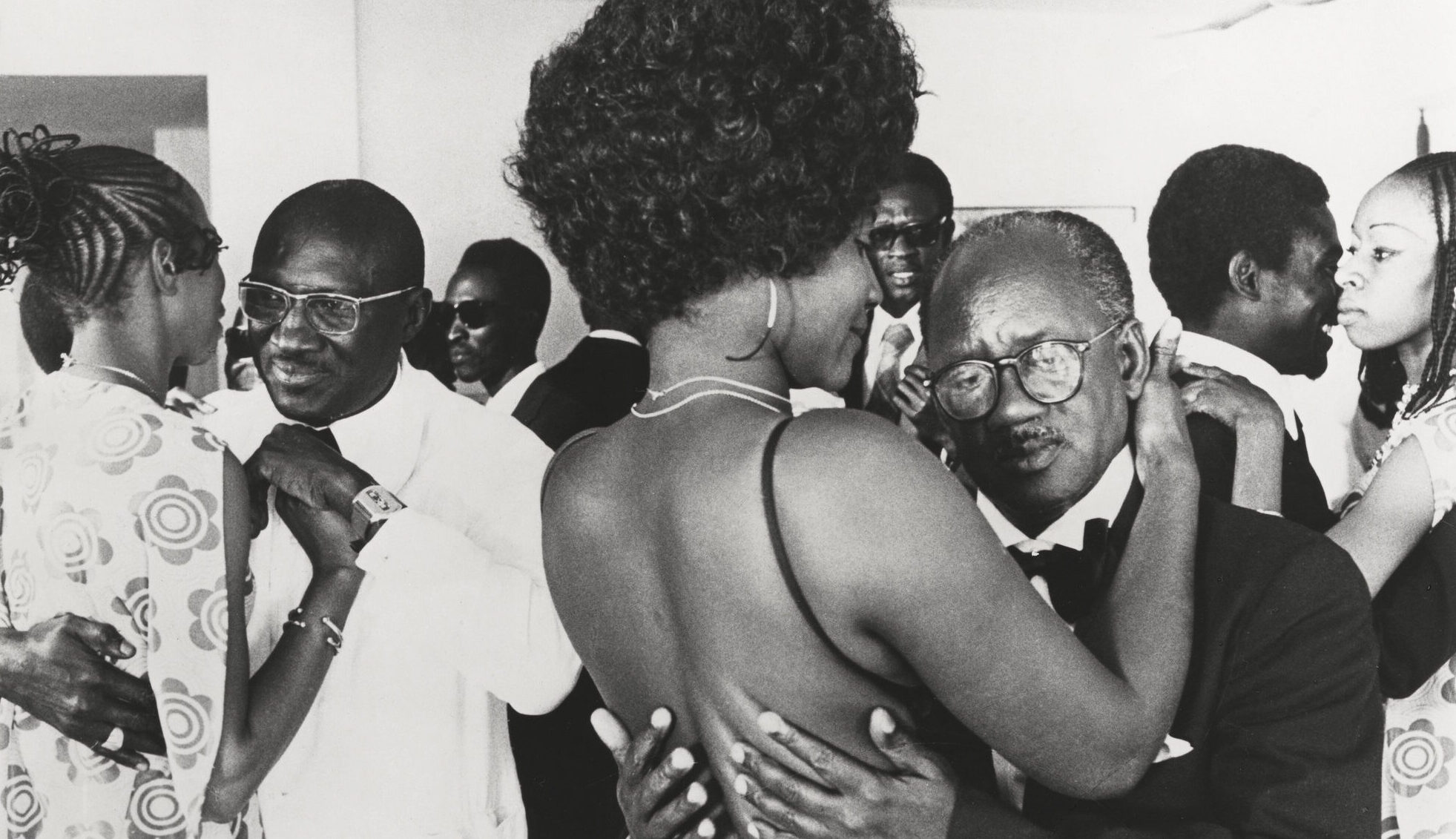
Xala
Senegal / 1974 / 123mins / Comedy, Drama / Wolof

Moolaadé
Senegal and Burkina Faso / 2004 / 124mins / Drama / Jula and French
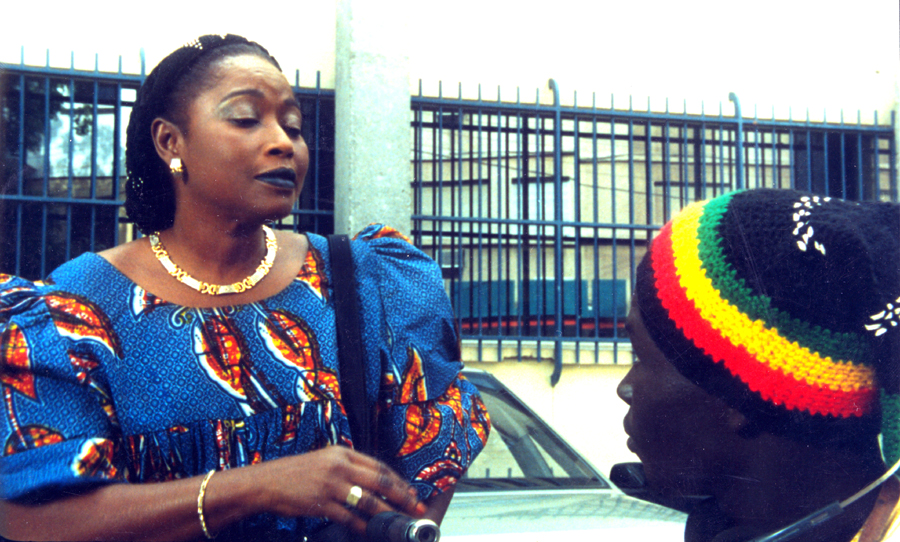
Faat Kiné
Senegal / 2001 / 121mins / Comedy, Drama / French and Wolof
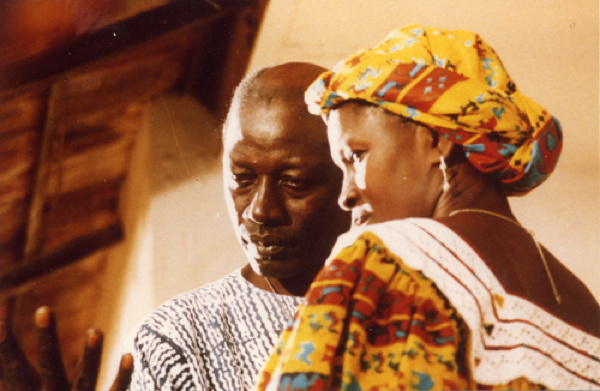
Guelwaar
Senegal / 1992 / 115mins / Social Drama / French and Wolof
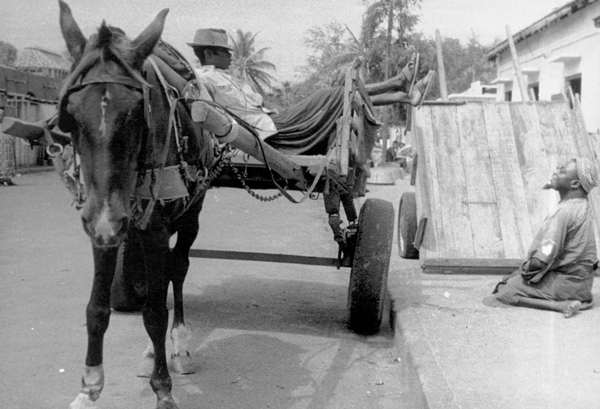
Borom Sarret
Senegal / 1963 / 18mins / Drama / French
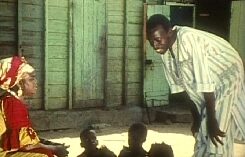
Tauw
Senegal / 1970 / 27mins / Drama / Wolof and French
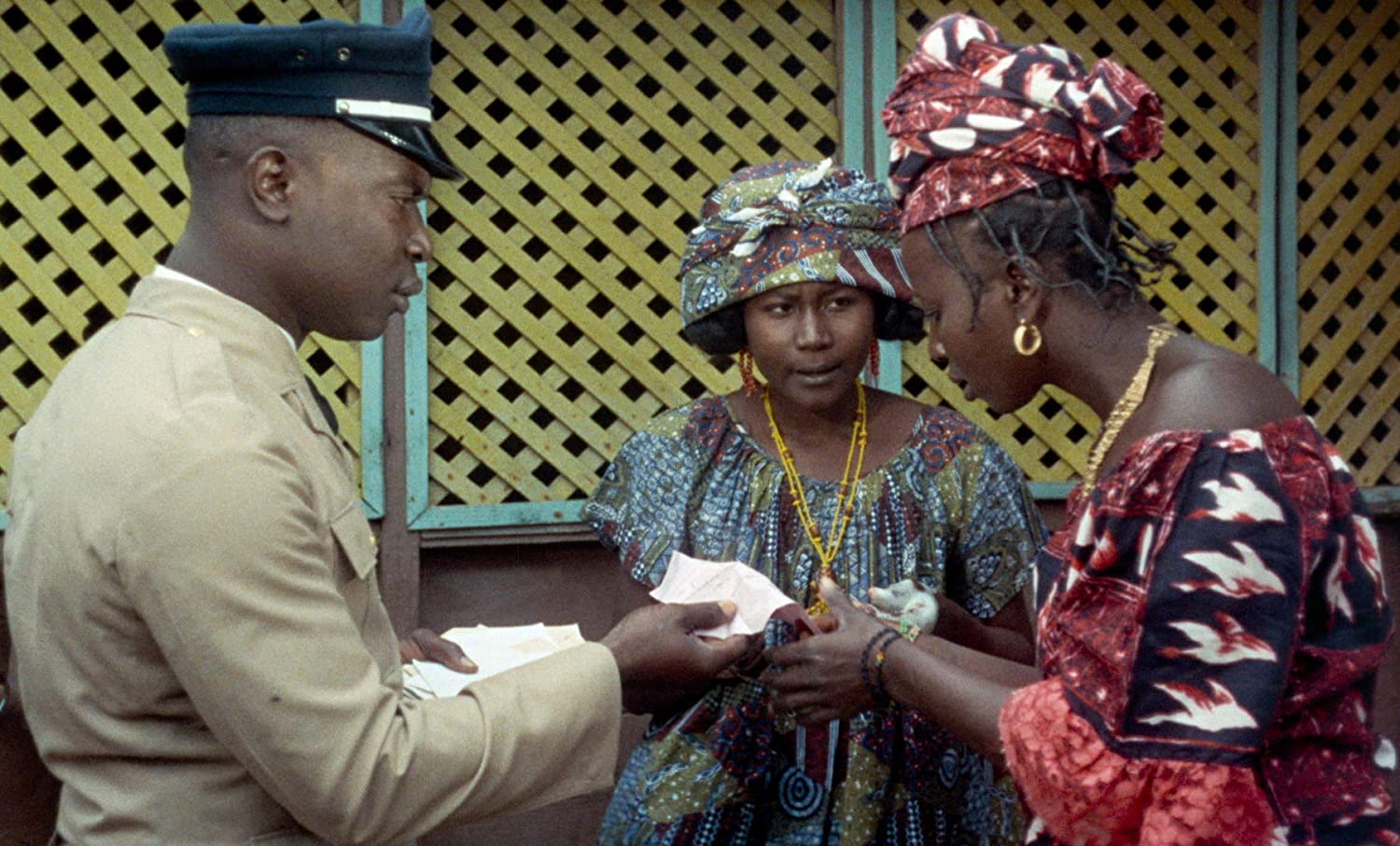
Mandabi / The Money Order
Senegal / 1968 / 90mins / Comedy, Drama / Wolof
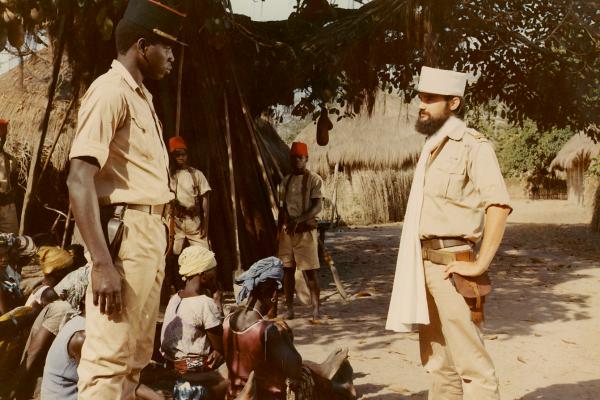
Emitaï
Senegal / 1971 / 101mins / Historical Drama / Diola and French
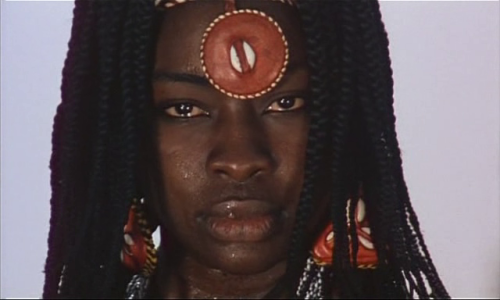
Ceddo
Senegal / 1977 / 120mins / Historical Drama / Wolof
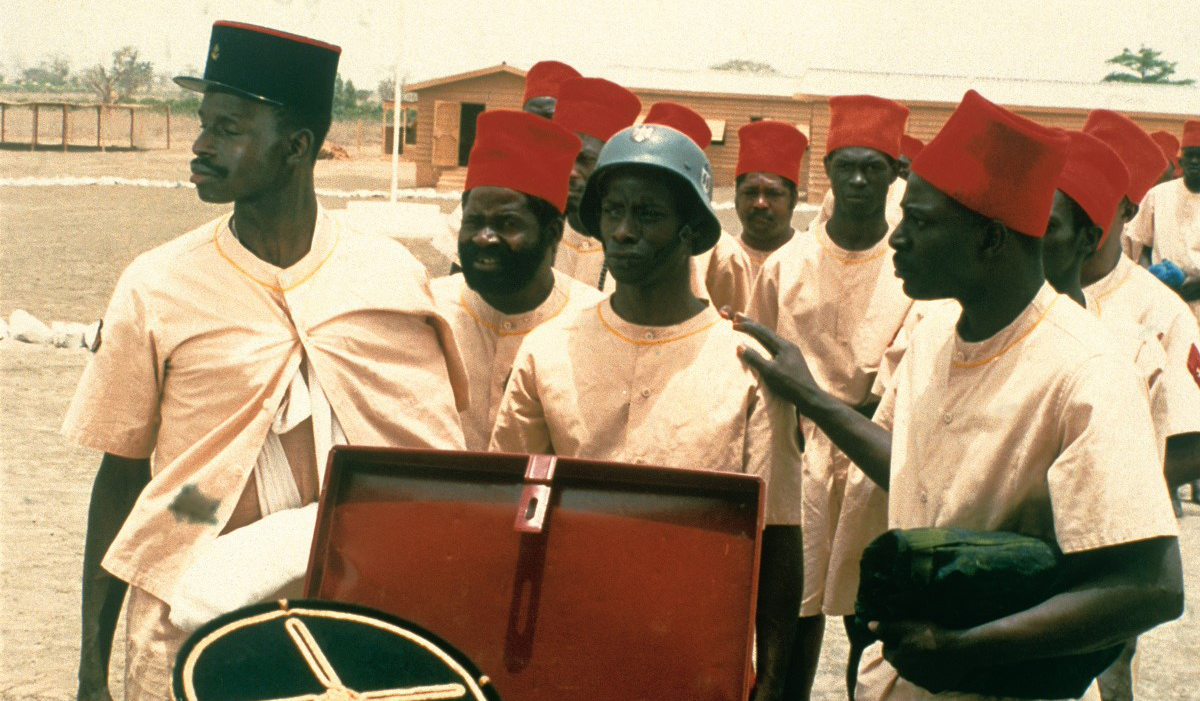
Camp de Thiaroye
Senegal / 1987 / 152mins / Drama, War / Wolof and French
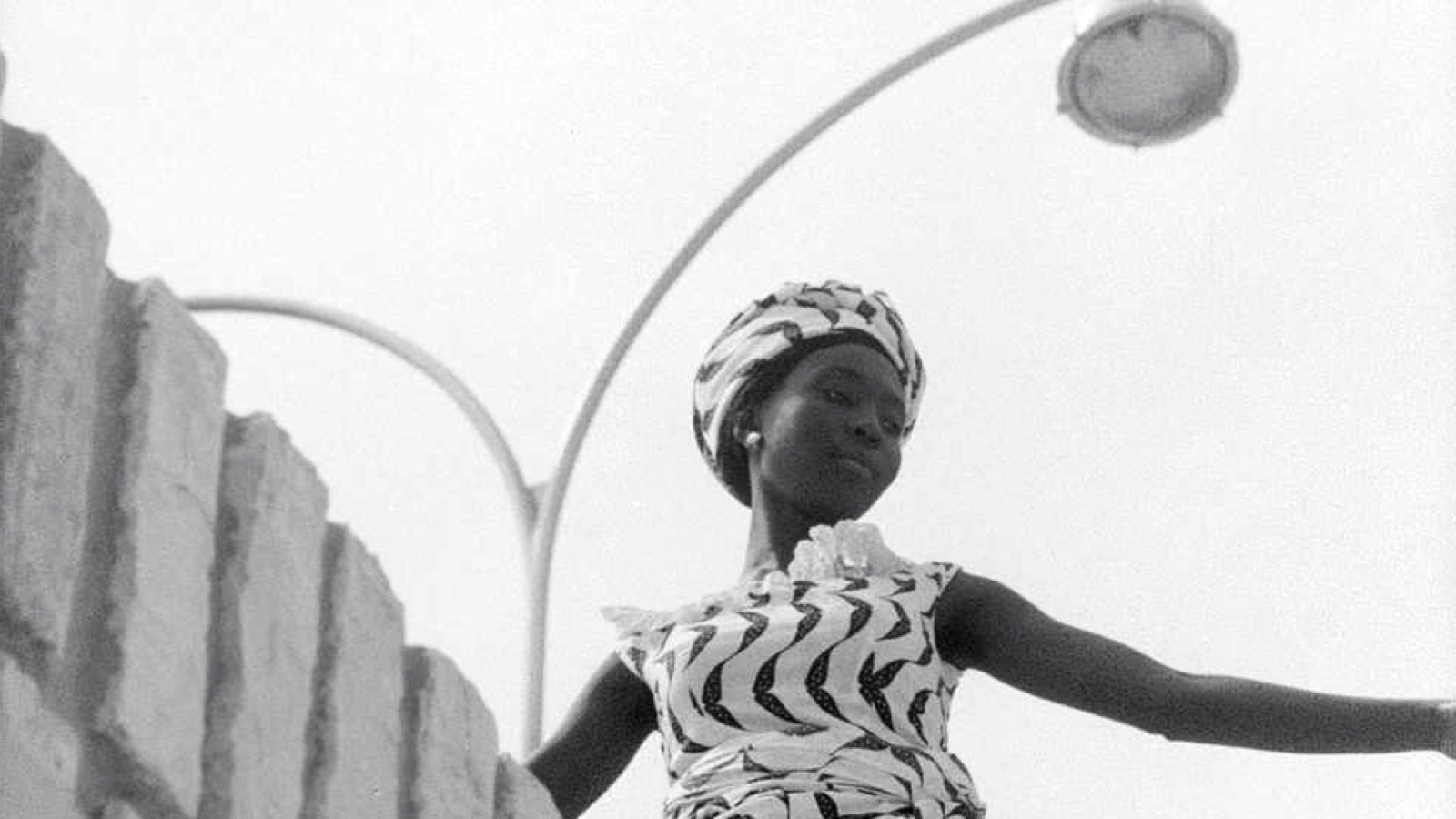
Black Girl / La Noire de…
Senegal / 1965 / 60mins / Drama / French

